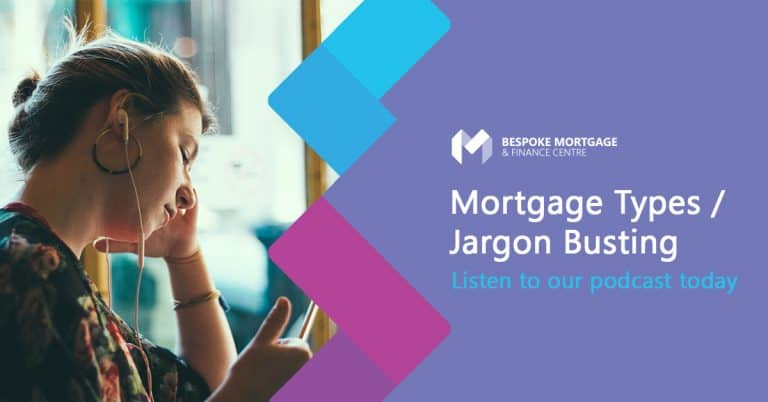Shared Ownership Mortgages – What you need to know
Shared ownership mortgages can be an excellent way to make a mortgage more affordable. With these types of mortgages you will share ownership of your home with another party.
You, your mortgage and the local councils, housing associations providers will share ownership of your home, but you will have the opportunity to work towards owning the whole thing.
Let’s take a look at the way that these financial products work to give you an insight into shared ownership mortgages.
What is shared ownership?
Shared ownership mortgages are exactly as their name suggests; a mortgage that enables you to share ownership of your home. You will buy 25% to 75% of the property while the housing association will hold onto the rest, and you will pay rent payments alongside your mortgage to cover the cost of the part that you don’t own.
A Help to Buy agent will be required when you’re looking for mortgages like this, ensuring that you are eligible to take part in this scheme. You will have the opportunity to buy more of the house down the line, and this will always be based on the current value of the property.
Shared ownership eligibility/Who qualifies for Shared ownership?
There are a number of different requirements that need to be met before you can apply for a shared ownership mortgage. To start, you need to earn less than £80,000 (outside London) or £90,000 (inside London).
Alongside this, you also need to be a first-time buyer or have owned a home in the past, plan to live in the property and have the right to permanent residence in the UK. This type of mortgage rules out any subletting options, as you aren’t allowed to take rent for rooms under the Help to Buy scheme.
How does a mortgage work on shared ownership?
A shared ownership mortgage will work very similarly to other types of mortgage. You will make an agreement with your provider, purchase the property you want, and work to pay off the mortgage over the next 10-25 years.
Alongside your regular mortgage payments, though, you will also have to pay rent on the portion of the property that you don’t own. This rent is typically 3% of the value of the property that you don’t own each year.
As for the deposit you have to pay, this will usually be between 5% and 10% and will be worked out based on the value of the share you’re buying. This means that you don’t have to worry about the full price of the property, enabling you to save far less than other types of mortgage.
Is it easier to get a shared ownership mortgage?
The ease that comes with a shared ownership mortgage will depend on your situation. For those that don’t meet the eligibility criteria, getting a mortgage like this will be very difficult. In this instance, it will usually be best to look at other types of mortgage.
For those that are eligible, the process can be quite straightforward. Unlike regular mortgages, you will start this process by talking to a housing association that deals with the Help to Buy scheme. They will be able to show you the properties they have available that will work with this type of mortgage, giving you the chance to choose one that will meet your needs.
Once you’ve picked a property, your housing association will be able to help you through the process of applying for your shared ownership mortgage. You will work closely with your housing association for the duration of your mortgage and may continue paying rent to them once you’ve covered the portion of the property that you own.
What are the advantages of shared ownership?
Shared ownership mortgages can come with a range of advantages for the right buyers. It’s important to consider these advantages based on your current situation, assessing them to make sure that you will be able to make full use of them down the line.
- Easier Deposits: Saving a deposit for 50% of your home will be much easier than saving one for 100% of its value, saving time and effort along the way.
- Less Debt: You will only have to get a mortgage for a portion of your property, leaving you with less debt to deal with.
- Shared Liability: Your housing association will care about the property you live in, and you will share liability for damage and faults in the future.
- Housing Association Support: Housing associations are property experts, with their support being invaluable to first-time buyers.
Remortgaging
If your current mortgage deal or term is coming to an end, make sure you explore your options, because your existing lender may no longer

Mortgage Types/Jargon Busting
Mortgage Types | Bespoke Mortgage & Finance Centre What types of mortgage are there and how do you choose? There are many different kinds of

High Net Worth Mortgages
What is High Net Worth? The Financial Conduct Authority regards a high net worth application as a client who earns a minimum of three hundred
Get In Touch
Protecting your family is one of the most important things you can do. It is for this very reason that impartial advice is critical from qualified advisers…
